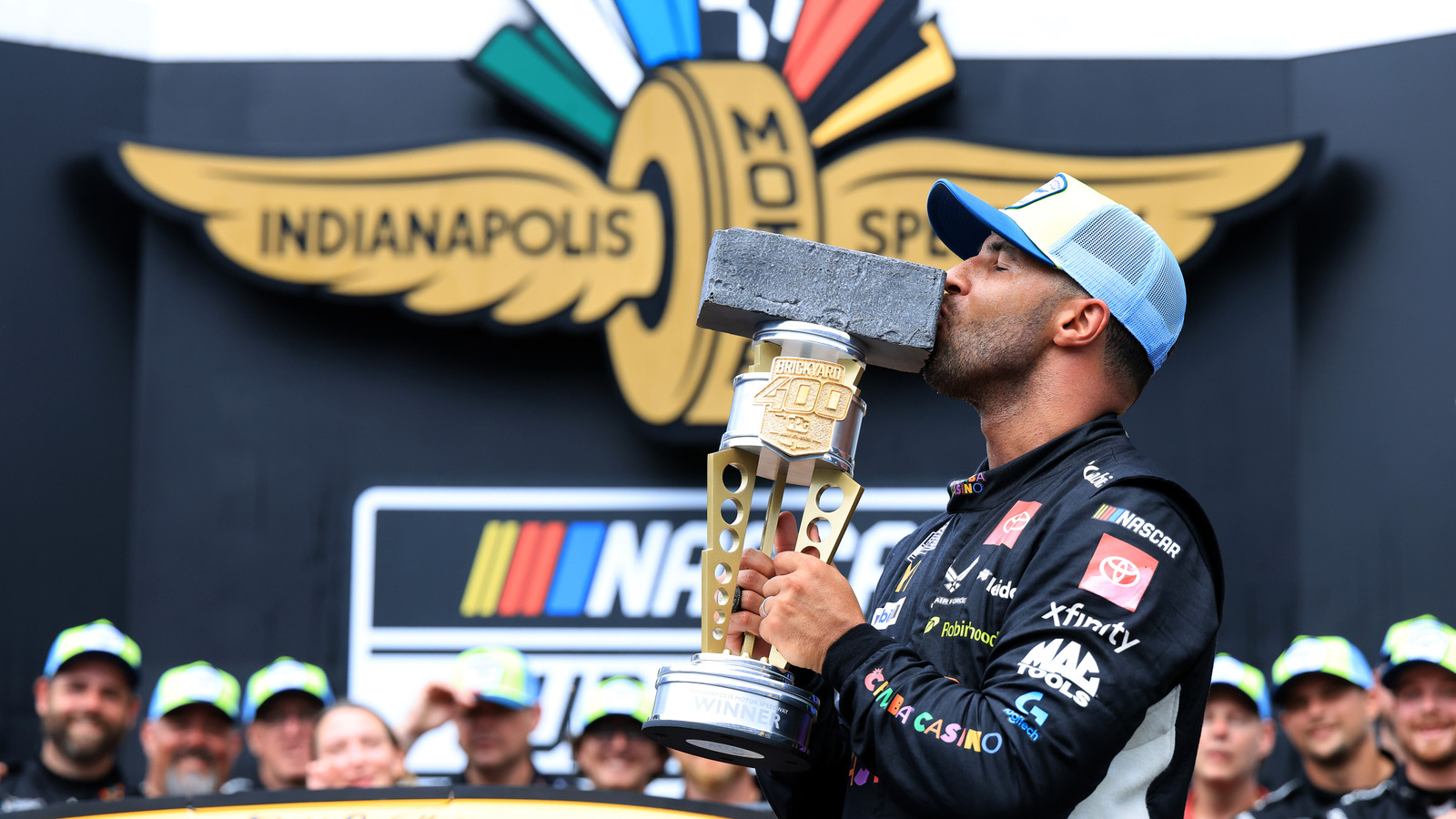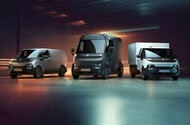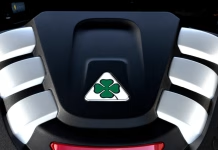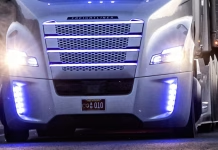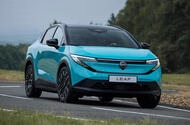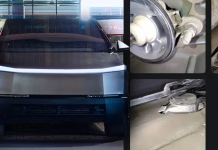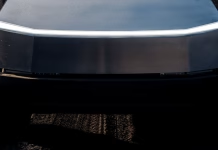Renault Unveils Next-Gen Electric Vans with Custom Fleet Software to Drive UK Market Growth

New Renault Trafic, Goelette and Estafette are due to launch from next yearRenault now no.3 LCV maker in a tough UK market, eyes growth with customisable open-source software in new vans
Renault aims to shore up its position as one of the UK’s three most popular van makers with a new range of software-defined LCVs that promise to meet the exacting individual needs of all fleet operators.
Renault was the UK's third most popular van manufacturer in June, with 2584 registrations versus Volkswagen's 3452 and long-time market leader Ford's 9902 - with the Transit one of the country's best-selling vehicles overall, not just the most popular van.
The commercial and critical success of the new Renault Master (below) – named European Van of the Year and recipient of almost as many awards as the Renault 5 supermini – has been instrumental in driving that growth, said Renault UK managing director Adam Wood.
However, the French brand’s ascent through the segment ranks came against a backdrop of significant consolidation across the commercial vehicle market, with overall registrations down every month so far this year and culminating in a substantial 14.8% decline in June. In the first six months of 2025, total UK LCV sales were down 12.1% to just 156,000 units.
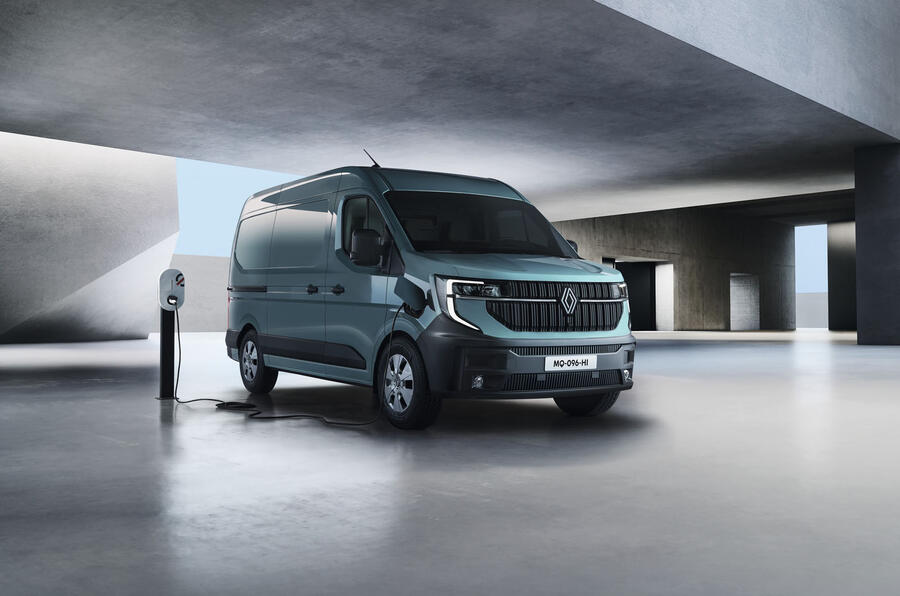
"We're at 6.7% market share this year – number five in the market – but it's been a first half of two halves," said Wood. "We ended certainly stronger than we began: in June, we actually delivered 8.9% market share, and we're now third. So we're a podium player in the van market.”
Wood suggested there has been a level of "market correction” in the LCV segment in recent months, following a lengthy period of demand far outstripping supply. “I think we’re seeing a resumption of normality in the van market,” he added.
Citing inflation across the sector as an inhibitor to uptake, Wood said fleet operators – including small business owners and sole traders – are re-evaluating their overheads as they confront serious headwinds that include increases to both employer's national insurance contributions and the statutory minimum wage.
But Wood was confident Renault can maintain its podium position in the UK LCV market as it prepares to introduce a trio of boldly styled new electric vans and expands its commercial fleet offering to give customers a “360deg ecosystem proposition” that will in effect make Renault a one-stop shop for all commercial fleet requirements.
The company unwrapped the new Goelette, Trafic and Estafette (below) at the Commercial Vehicle Show in Birmingham earlier this year. Wood said the unveiling was testament to the significance of the UK’s CV market for Renault, with futuristic styling and a new-generation software stack that will in theory enable vehicles to be tailored precisely to fleet customers' specific needs.
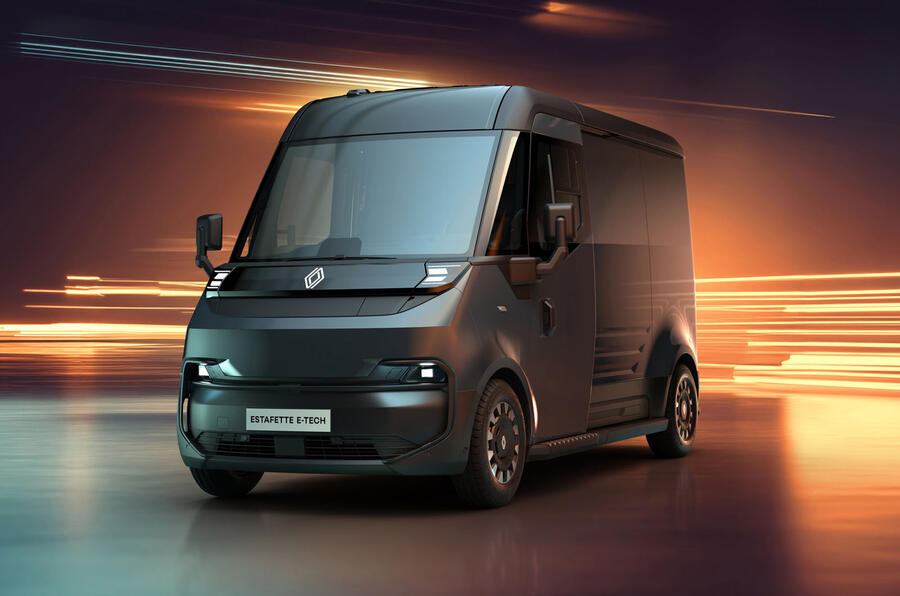
Due on sale from next year, these ‘software-defined vehicles’ – designed and engineered by Flexis, a CV joint-venture between Renault, Volvo and French logistics firm CMA CGM – are “very, very different” from the vans of the past, according to Wood, thanks to an open-source, Android-based operating system that is precisely configurable, highly scalable and infinitely updatable over the air.
"Effectively, you've got an upgradeable product that can evolve over time, but you've also got an open-source operation system which gives a whole new world of possibilities in terms of integration with businesses," he said.
"We know that businesses have different fleet management systems and different requirements in their vehicles - whether that's a medical supply or delivery van.
“What that enables us is to do is integrate seamlessly with those systems in our vehicles so we can tailor the vehicles to our businesses. That's going to unlock a lot of new corporate customers."
The precise functionality of the new-generation software stack remains under wraps, but examples of its projected functionality include the ability for companies to design their own integrated logistics platform for use in delivery vans and for precisely managing charging schedules across large fleets to maximise efficiency and minimise downtime.
“What our open-source software enables us to do is integrate with bespoke customers, with bespoke solutions, as opposed to a one-size-fits-all [approach] that was the case in the past,” explained Wood.
That holistic approach to fleet management extends to a broader LCV fleet offering that includes the installation of chargers at fleet bases through Renault’s Mobilize Power Solutions division, domestic wall boxes for smaller fleet operators or sole traders, and a 'charge pass' programme.
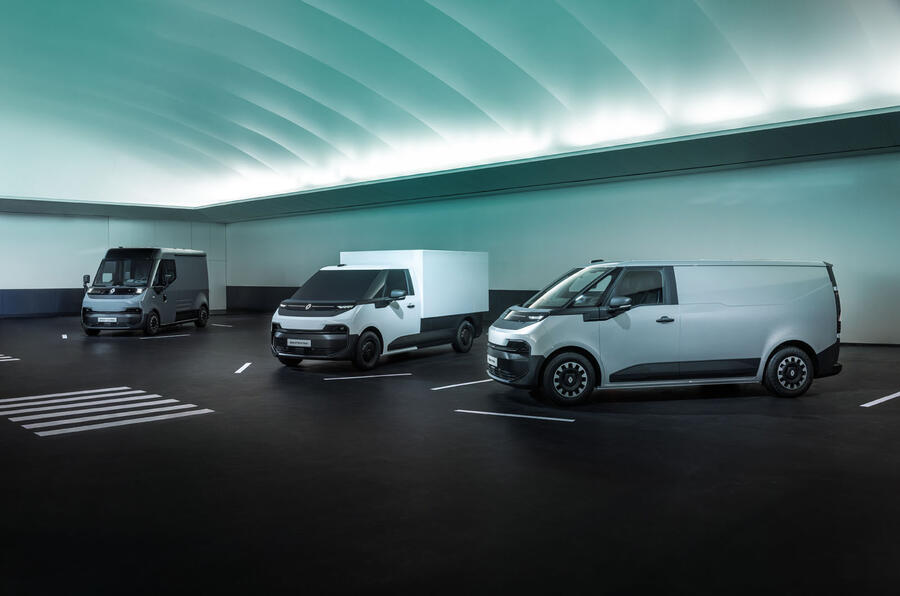
Wood said this new “360deg ecosystem” will be a crucial pillar of Renault’s strategy to boost sales of electric vans in the coming years, in order to meet the targets imposed by the UK government’s Zero-Emission Vehicle (ZEV) mandate.
Targets for electric vans are proportionally much lower than those imposed on passenger cars: manufacturers must achieve a 16% electric LCV sales mix in 2025, compared with 28% for cars. But Wood says the market is still “far below” that mandated figure. He added: “We've got a big job to educate all of those fleet customers about how to go on that transition to electric.”
Introducing new software that facilitates the electric switch for large fleets is a key strand of that education mission, but Wood said the appeal of commercial vehicles must go beyond raw functionality if Renault is to grow its market share and drive EV uptake - and design plays as much of a role in that regard as it does for cars such as the Renault 5 and 4.
"Don't forget, drivers are extremely proud of the van that they drive," said Wood. "They want the latest technology, they value the look and quality of the van they drive. So we certainly believe design is important."
He also said that as companies seek to boost their sustainability credentials in line with corporate regulation and customer expectations, they will naturally begin to favour electric fleet alternatives.
“The powertrain choice reflects very much on corporates, and they're increasingly aware of their carbon footprint - so the design, the powertrain, the technology, the efficiency, is important for their corporate image."
Irrespective of Renault’s goal to remain a podium player, though, the company is not rigidly focused on achieving growth at all costs. Instead, said Wood, it will pursue a policy of stability in the name of sustainability.
He added: "What's absolutely clear is that we're not going to change our strategy, which is very much 'volume with value'. We want to play in the right ways in the LCV market - and that means growing our corporate and local fleet business.
“We're a podium player today, and I think in the medium term our ambition is to be a podium player in the UK. But we'll always do it sustainably in the right way, in the right channels, because we know we've got really competitive products. Really it's about selling the merits of our products to customers with whom we want to partner."
Alfa Romeo and Maserati Plot Ultra-Rare Manual Supercar With Over 621 HP
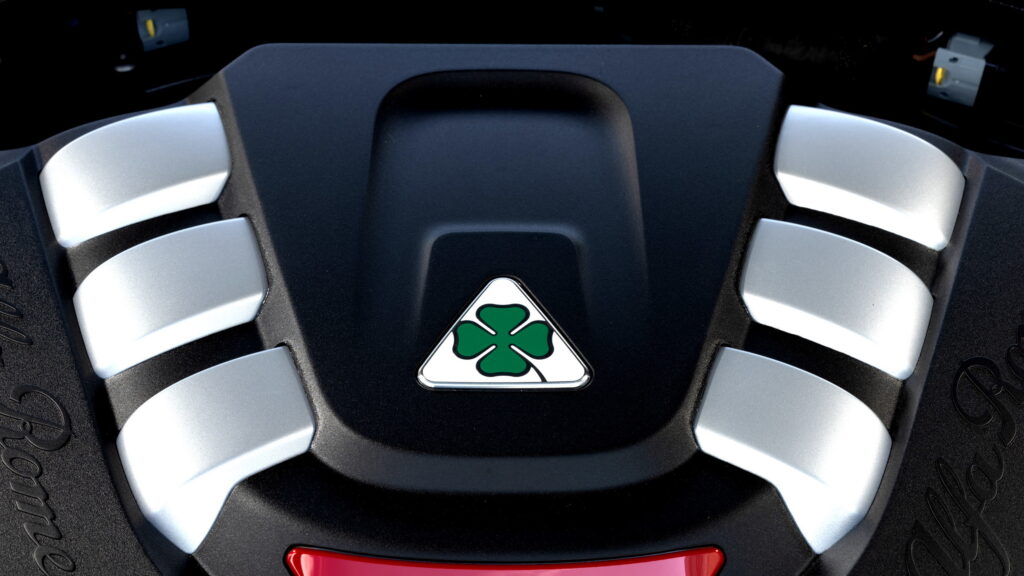
America Drives Act Paves the Way for Nationwide Autonomous Trucking Revolution
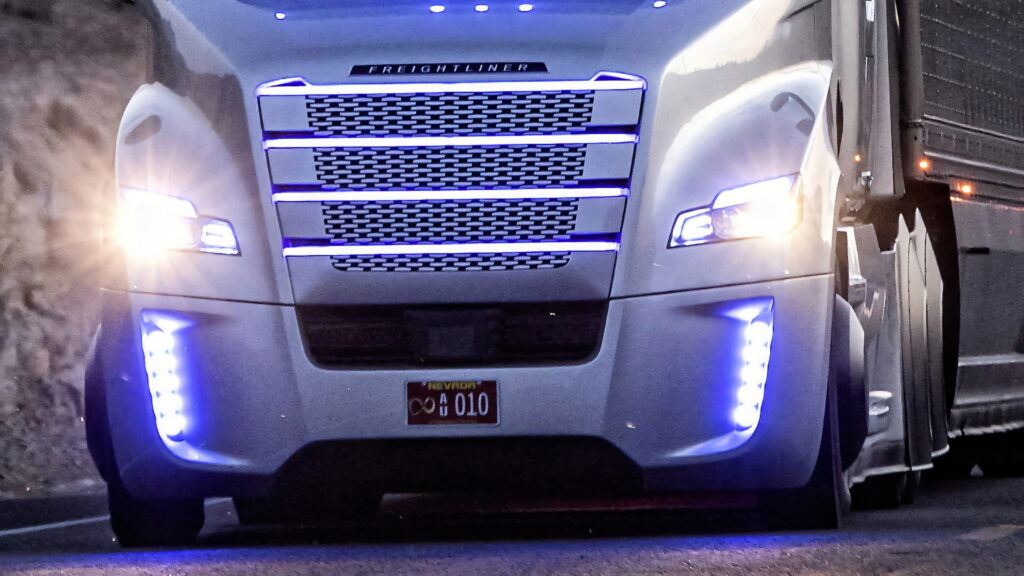
UK Built Nissan Leaf Set to Gain Big from New Electric Car Grant Boosting...
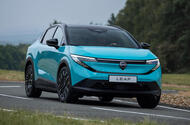 Sunderland-built crossover is set to benefit from new incentive – but UK boss denies rules were written for Nissan
Sunderland-built crossover is set to benefit from new incentive – but UK boss denies rules were written for Nissan
The boss of Nissan has said the new, Sunderland-built Leaf is in "a very strong position" to benefit from the maximum £3750 Electric Car Grant (ECG) – and that the government was right to draw up rules that reward British manufacturing.
The ECG will be available on EVs that cost £37,000 or less and meet science-based targets for emissions, both from its maker and the country in which it is manufactured.
The grants will be banded at £1500 or £3750, depending on how closely a model meets those targets.
That means the new Leaf, with both the chassis and battery manufactured in Sunderland, is almost certain to be one of the only models to secure the maximum £3750 grant – prompting an insider at a rival firm to question whether the rules were drawn up by the government specifically to reward Nissan.
Asked about the grants, Nissan UK boss James Taylor told Autocar that the CO2 formula "should in theory put Leaf in a very strong position, because it's built in Sunderland".
Asked about suggestions the rules were written for Nissan, Taylor responded: "That's going a little bit far."
However, he added: “The ECG has echoes of the French grant scheme [which uses similar CO2-based emissions to determine eligibility a subsidy of up to €7000 (£6200)], which works very well in terms of that mechanism.

"Our battery plant is being built in Sunderland, and when full-scale production starts there next year, we will have British-assembled and -built batteries going into British-assembled and -built cars.
"Personally, I've always been a big believer in supporting 'UK PLC' to benefit the overall economy, business and jobs. And obviously in terms of these [ECG] rules, that is rewarding the low CO2 base you get if you produce both battery and car in the UK. So from that point of view, it's very welcome."
More broadly, Taylor said that the introduction of the ECG was "very welcome as an industry", adding that "we've been calling for support for some time, particularly for private motorists".
He added that early data showed that interest in EVs had "gone up four or five points in terms of share of interest, and any support to give a nudge to consumers to consider electric is going to be welcome, given you've got the zero-emission vehicle mandate, which is effectively a supply-based target, and today's demand isn't keeping track with the growth in what the supply mandate is".
Cybertruck Owner Shocked as Suspension Fails Overnight, Sparks Warranty Dispute
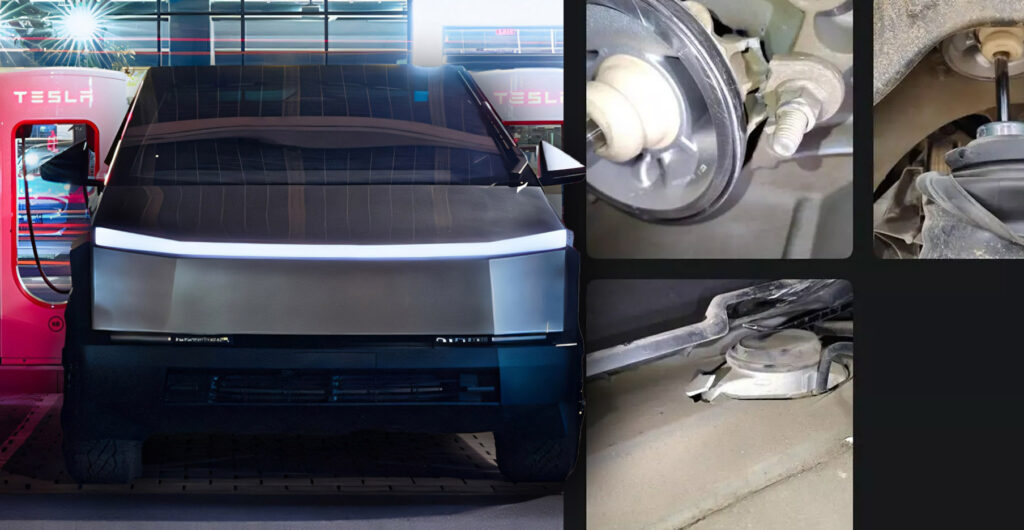
Corvette Z06 Deals Hit as Unsold Models Flood Dealer Lots
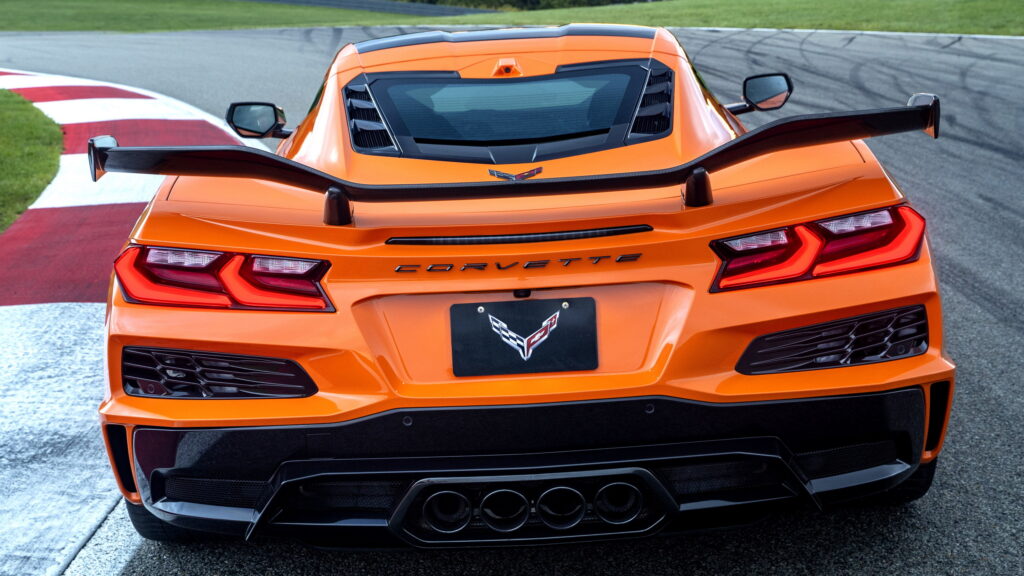
American Airlines Flight Evacuated in Denver After Landing Gear Scare

Meet the Man Saving Skoda’s Forgotten Classics for Future Generations

Mark’s Skodas live barn-find style in assorted farm buildingsThink this year's Festival of the Unexceptional winner knows about Skodas? Mark is the real Skoda oracle
Mark Torok says his love affair with Skodas has, at times, got a little out of hand.
“There was a stage in my life when I was buying Skodas like other people buy groceries,” he admits.
The Skoda enthusiast has amassed a collection of more than 70 cars for what he calls his ‘Skoda orphanage’, many of them dating from the company’s transition period in the 1990s.
The oldest is a 1973 S110 DeLuxe that Mark rescued from a scrapyard in the Czech Republic. The newest is a 2006 Skoda Superb V6 that he saved from re-export to eastern Europe. His favourite is an original ‘stretched Passat’ Superb of 2002.

Mark says: “In the UK, people’s interest in Skodas stops at the Estelle and starts again with the Skoda Fabia and Skoda Octavia of the 2000s. Sadly, the Favorit and Felicia in between are trapped in that no man’s land of obscurity. That’s where I come in.”
Mark’s Skodas live barn-find style in assorted farm buildings but his aim is to get them together under one roof. For the time being, the main thing is that they are safely hidden away from the scrapyard.
Remarkably, most of them require just basic recommissioning and a good wash. Skoda can trace its origins to 1895 when it was founded as Laurin & Klement. It made its first car in 1905 and was renamed Skoda in the 1920s. A succession of well-regarded models followed until progress was interrupted by World War II. The firm barely recovered under communism and, by the 1980s, ‘Skoda’ was a byword for unreliability.

With the fall of communism and the arrival of new partner Volkswagen, things began to improve and a succession of impressive new models including the Favorit, Felicia and Skoda Fabia helped prepare the ground for the brand’s revival.
“My grandfather was the biggest Skoda fan going and got me hooked on the company,” says Mark. “It’s been fascinating seeing the firm develop and grow. I often wonder what he would make of it all now.” He says the UK scraps and wastes cars far too quickly and believes there’s never been a more important time to secure vehicles such as his Skodas for preservation: “People say I am wasting my time but my girlfriend Victoria says they are not thinking in the fourth dimension, as Doc Brown does in Back to the Future. She says I am creating a treasure trove that will delight future fans of the Skoda marque.
“The doors to my orphanage will always be open to any unwanted Skoda. I will be to Skoda what the Schlumpf brothers were to Bugatti!”
Tesla Eyes Compact Electric Truck to Boost Global Appeal and Practicality
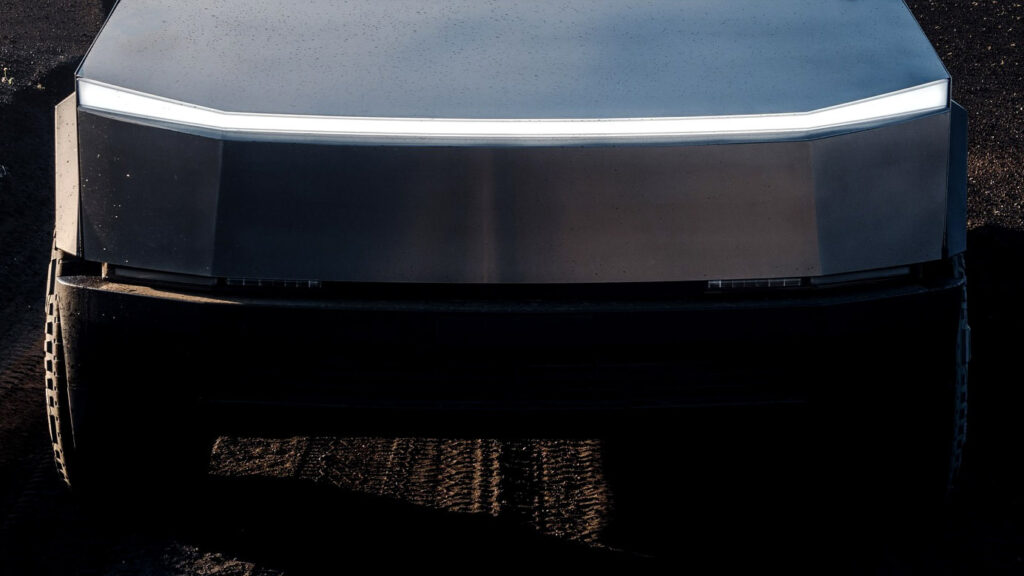
Bubba Wallace Makes History with Landmark Victory at Indianapolis
